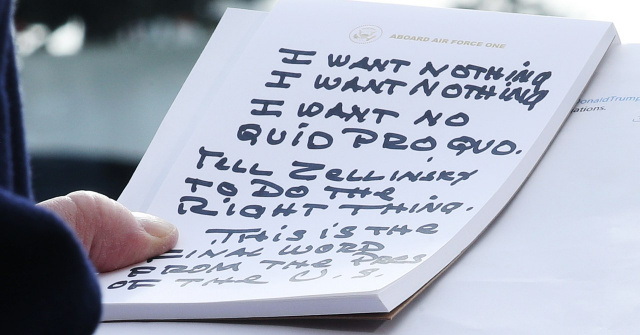Why we allow tear gas against our own people in peacetime. See also: TED Talk: Non-lethal weapons, a moral hazard?
history
Powerful collection of American voices.
Willie Nelson playing the entire Red Headed Stranger album live on Austin City Limits in 1976. (!!) You might also want to see all 143 (!!!) of his albums ranked. I was happy to see Red Headed Stranger near the top. It has always been a favorite of mine.
"In its first fully functional 10-day period, they milled a ton of wheat; under normal circumstances, that would've been a year's worth. As a result, it has already been able to deliver 200 three-pound bags of flour to local stores and bakeries."Helpful history.
Time to quickly learn from the past.
"That is why, in my view, the most important lesson from 1918 is to tell the truth. Though that idea is incorporated into every preparedness plan I know of, its actual implementation will depend on the character and leadership of the people in charge when a crisis erupts."This article from 2017 is a sobering read.
Is D&D an idea behind its time?
"Physically, there was nothing that actually stopped the invention of such games centuries or even millennia earlier. It required no special level of science, skill, or materials. So why did it take so long?"
This is a fascinating story about the rise of radio.
In the early days of broadcast development and regulation, Crosley and WLW sparked debate about what radio should and could be. Could a few clear-channel stations adequately serve—and acculturate—entire regions of listeners? Or would a national network system with local affiliates better target listener needs and interests?As we reinvent everything with software I feel like there's a lesson for how we might think about public interest. Centralized social media websites consider themselves The World's Network but there might be better options.
"The warmongers are never ruined by their mistakes."Justified outrage at the media's willful ignorance of recent history.
The web is becoming more and more ephemeral.
"Vanished are amazing pieces of writing on kuro5hin about tech culture, and a collection of mathematical puzzles and their associated discussion by academics that my father introduced me to; gone are Woodman's Reverse Engineering tutorials from my high school years, where I first tasted the feeling of dominance over software; even my most recent bookmark, a series of posts on Google+ exposing usb-c chargers' non-compliance with the specification, disappeared."This article includes some steps you can take that could help preserve what you publish. Complex frameworks, walled-gardens, and serverless publishing trade away endurance for convenience.
Get thee to this list. So many feels retracing these footprints. I wasn’t walking alone this whole decade—the weird web was carrying me.

This sure feels like an iconic photo that sums up the impeachment hearings in so many ways. Twitter people had fun with the Morrissey remix. And Alexandra Petri is a national treasure: Foolproof ways to be not guilty of crimes.